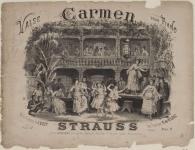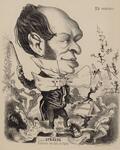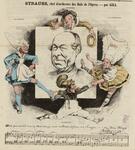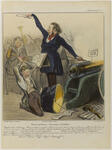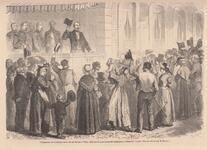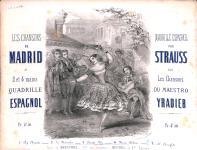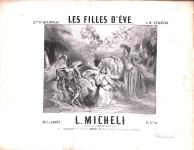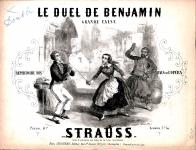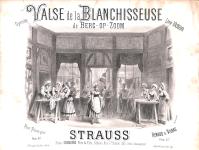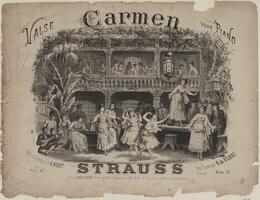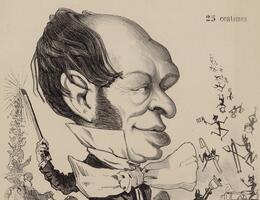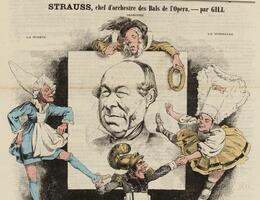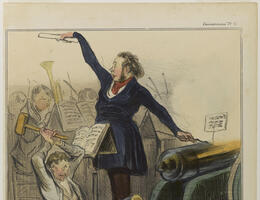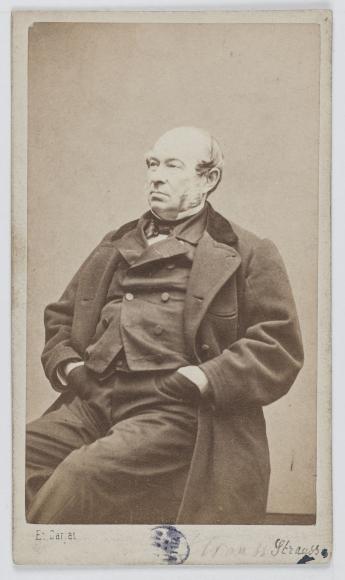
Isaac STRAUSS
1806 - 1888
Conductor, Composer, Violinist
It is no easy task to make a (first) name for yourself in European music history when your surname is ‘Strauss’, especially if you occupy the same territory as Johann Strauss I and II of Viennese fame. Nevertheless, ‘le Strauss de Paris’ did enjoy undoubted renown in the nineteenth century and enjoyed an exemplary career in the world of society balls. Born in Strasbourg, he came to Paris in 1827 to join Pierre Baillot’s violin class at the Conservatoire. He left the school after one year of study and became both a violinist at the Théâtre-Italien and a member of the orchestra of the Société des Concerts du Conservatoire. He initially established his reputation as a conductor in Vichy (1844). An occasional collaborator of Hector Berlioz, he then carved out a niche for himself in Paris, becoming successively director of court balls under Napoleon III (1852-69) and of the balls at the Opéra (from 1854). However, he did not limit himself to organising and conducting these events: he also produced the scores performed there. Most of them were arrangements of the ‘hit tunes’ of his time, reworked to keep only the most striking passages, those most suitable for sweeping dancers across the ballroom floor. Gounod, Offenbach, Hervé, Halévy, Meyerbeer, Thomas and even Bizet benefited from this promotion by means of excerpts, which made their melodies circulate throughout Europe at the speed of a galop infernal. A noted collector of ancient Jewish objects, Isaac Strauss also played a significant role in the commissions on ancient art at the Universal Expositions of 1867 and 1878.

